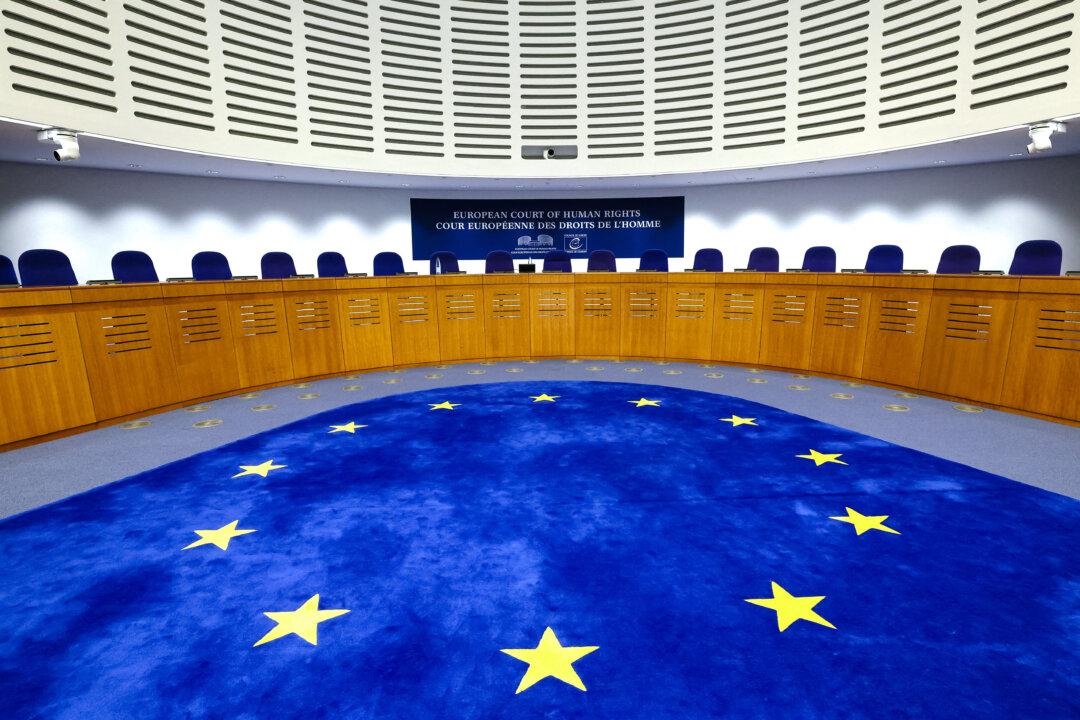The European Court of Human Rights has ruled that the government of Switzerland violated the human rights of its citizens by failing to take sufficient action to protect them against climate risks.
The Tuesday ruling from the court in Strasbourg, France, comes as a victory for Verein KlimaSeniorinnen Schweiz.





